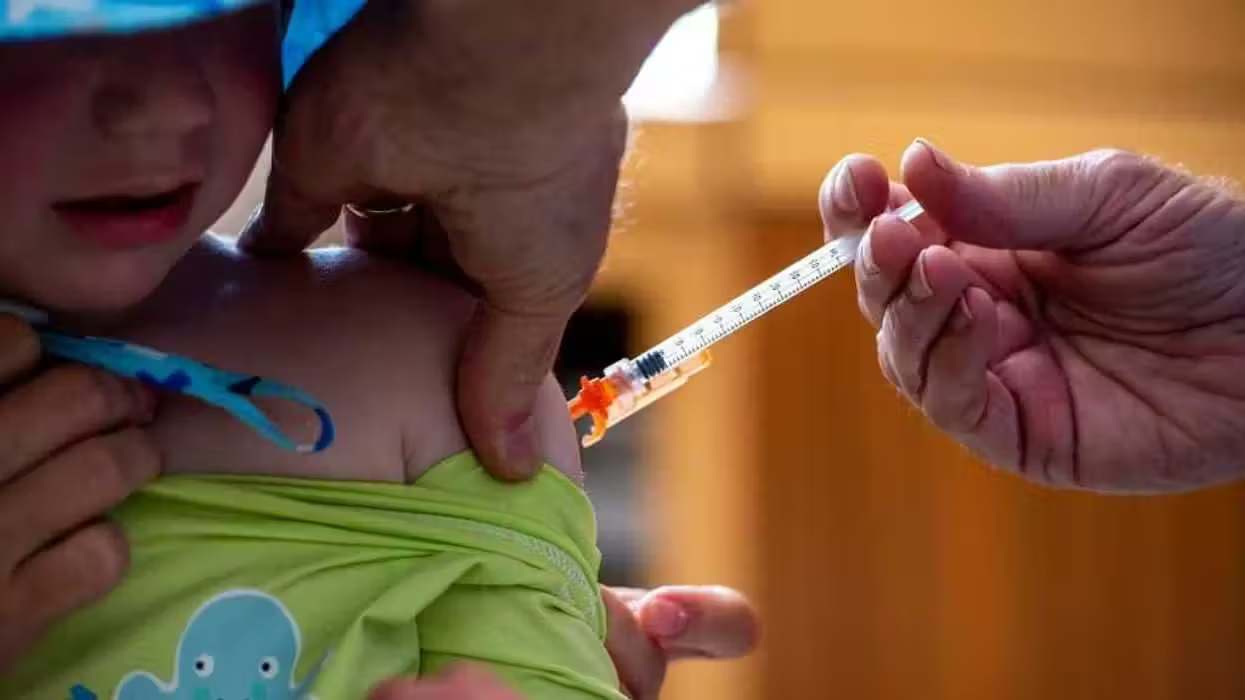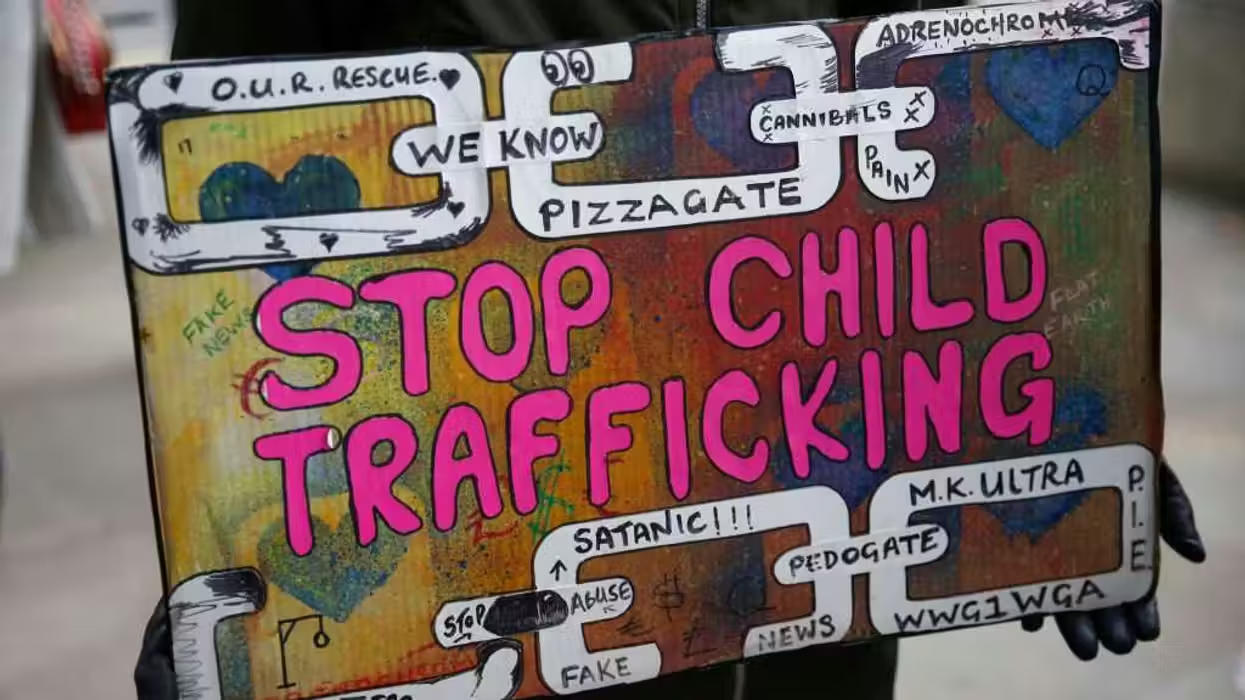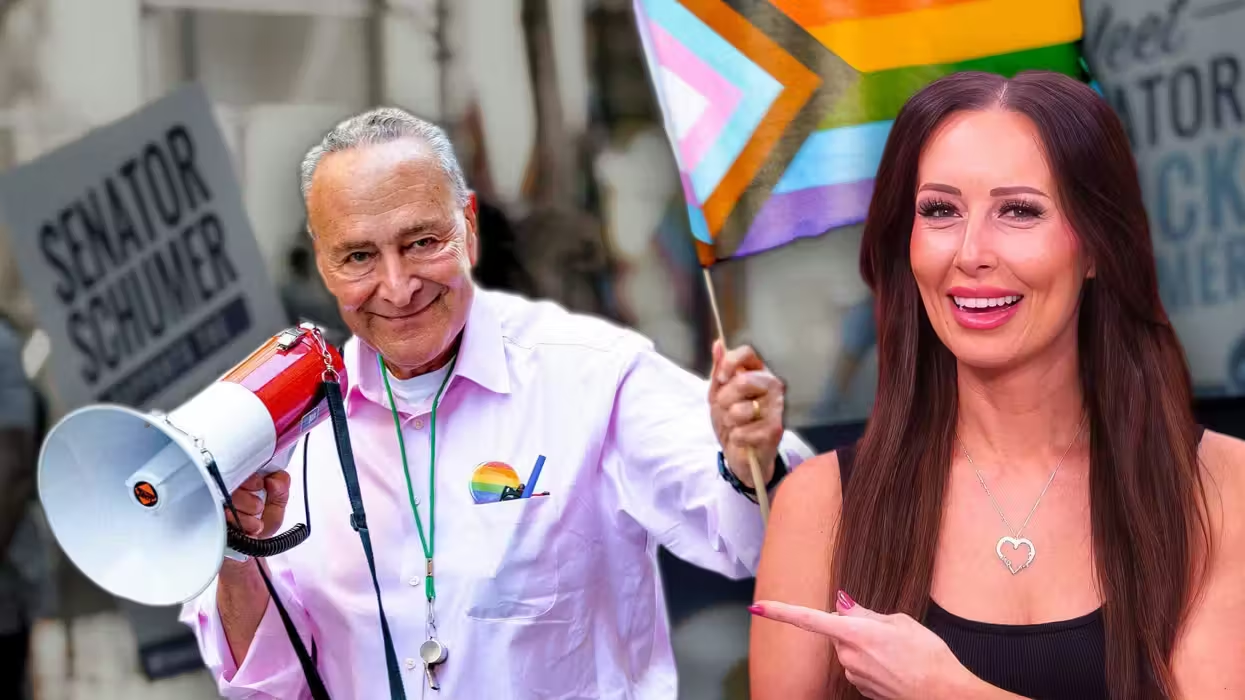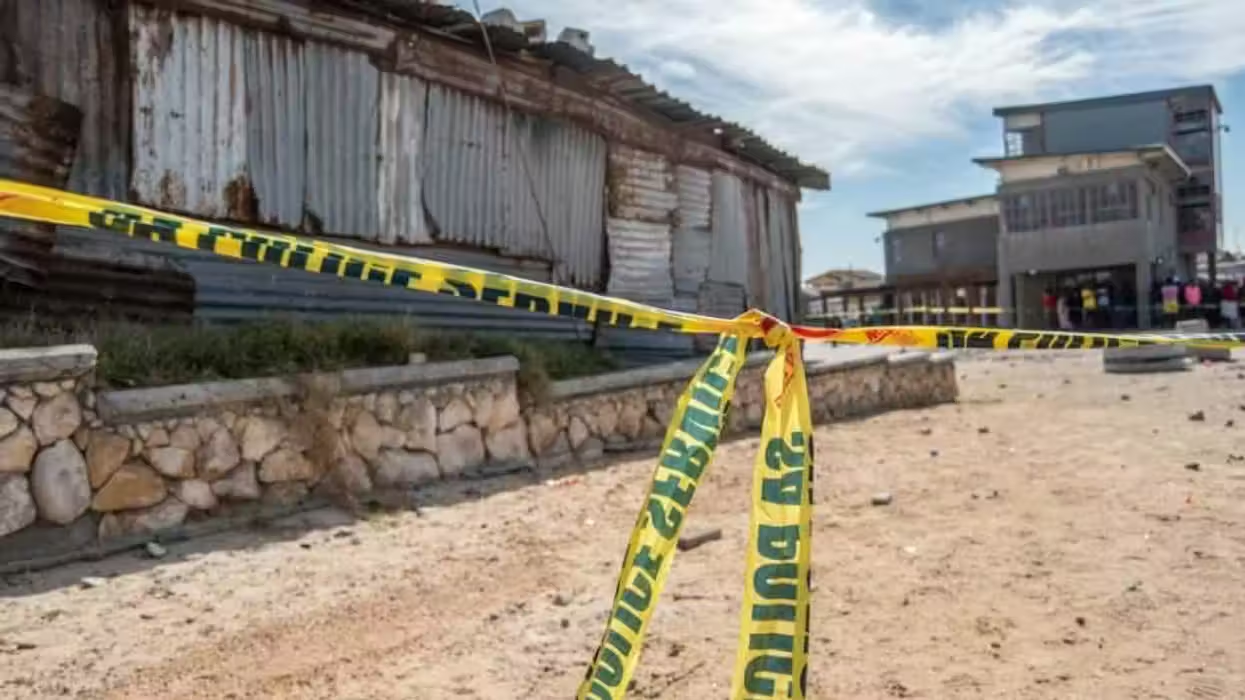LONDON (AP) — The World Health Organization said Saturday that it wouldn't explain details contained in an internal document obtained by The Associated Press in which the U.N. health agency said it fumbled early attempts to contain the Ebola outbreak in West Africa.
 A health worker takes Benson, 2 months, from his mother to carry him to a re-opened Ebola holding center in the West Point neighborhood on October 17, 2014 in Monrovia, Liberia. The baby, her mother and grandmother were all taken to the center after an Ebola tracing coordinator checked their temperature and found they all had fever. A family member living in the home had died only the day before from Ebola. The West Point holding center was re-opened this week with community support, two months after a mob overran the facility and looted it's contents, denying the presence of Ebola in their community. The World Health Organization says that more than 4,500 people have died due to the Ebola epidemic in West Africa with a 70 percent mortality rate for those infected with the virus. John Moore/Getty Images
A health worker takes Benson, 2 months, from his mother to carry him to a re-opened Ebola holding center in the West Point neighborhood on October 17, 2014 in Monrovia, Liberia. The baby, her mother and grandmother were all taken to the center after an Ebola tracing coordinator checked their temperature and found they all had fever. A family member living in the home had died only the day before from Ebola. The West Point holding center was re-opened this week with community support, two months after a mob overran the facility and looted it's contents, denying the presence of Ebola in their community. The World Health Organization says that more than 4,500 people have died due to the Ebola epidemic in West Africa with a 70 percent mortality rate for those infected with the virus. John Moore/Getty Images
In the draft document, which wasn't released publicly, WHO blamed numerous factors for the now explosive Ebola epidemic, including incompetent staff, bureaucracy and a lack of reliable information.
"WHO will not do interviews or explain details on this document until it is completed," the health agency said in a statement Saturday. "WHO believes in transparency and accountability and will release this review when it is fact-checked."
So far, Ebola has been blamed for 4,546 deaths in West Africa out of at least 9,191 cases. WHO estimated that there could be 10,000 cases every week by December unless stronger measures are enacted to fight the outbreak.
 A patient walks behind a poster carrying information on prevention and handling of suspected Ebola cases at Mbagathi district hospital on October 17, 2014. Kenyan doctors have stated that more needs to be done to minimise the growing risk of transmission of the Ebola disease even as East African nations of Burundi, Kenya, Rwanda Tanzania and Uganda are sending over 600 health workers including 41 doctors to west Africa, the regional five-nation bloc said in a statement Friday. The decision was made after health ministers met this week, where they raised their concern at the rapid increase in the number of cases and deaths with 4,493 people having died out of a total of 8,997 cases in the outbreak, according to the WHO, which has warned that the infection rate could reach 10,000 a week by early December. Tony Karumba/AFP/Getty Images
A patient walks behind a poster carrying information on prevention and handling of suspected Ebola cases at Mbagathi district hospital on October 17, 2014. Kenyan doctors have stated that more needs to be done to minimise the growing risk of transmission of the Ebola disease even as East African nations of Burundi, Kenya, Rwanda Tanzania and Uganda are sending over 600 health workers including 41 doctors to west Africa, the regional five-nation bloc said in a statement Friday. The decision was made after health ministers met this week, where they raised their concern at the rapid increase in the number of cases and deaths with 4,493 people having died out of a total of 8,997 cases in the outbreak, according to the WHO, which has warned that the infection rate could reach 10,000 a week by early December. Tony Karumba/AFP/Getty Images
WHO said in the draft document that "nearly everyone" involved in the response to Ebola failed to notice factors that turned the outbreak into the biggest-ever on record.
When Doctors Without Borders warned in April that Ebola cases were out of control, a dispute on social media broke out between the charity and a WHO spokesman who insisted the virus was being contained.
According to the internal report, it was only in June that WHO's chief, Dr. Margaret Chan, was alerted to the seriousness of the outbreak — and of the organization's botched efforts in West Africa.
At a meeting of WHO's network of outbreak experts in June, Dr. Bruce Aylward, normally in charge of polio eradication, emailed Chan about the major concerns being raised about WHO's leadership in West Africa, telling her that some of the agency's partners — including national health agencies and charities — believed WHO was "compromising rather than aiding" the response to Ebola.
In its statement on Saturday, WHO said it would conduct "a full review and analysis" of the global response to Ebola once the outbreak is over.
—

 A health worker takes Benson, 2 months, from his mother to carry him to a re-opened Ebola holding center in the West Point neighborhood on October 17, 2014 in Monrovia, Liberia. The baby, her mother and grandmother were all taken to the center after an Ebola tracing coordinator checked their temperature and found they all had fever. A family member living in the home had died only the day before from Ebola. The West Point holding center was re-opened this week with community support, two months after a mob overran the facility and looted it's contents, denying the presence of Ebola in their community. The World Health Organization says that more than 4,500 people have died due to the Ebola epidemic in West Africa with a 70 percent mortality rate for those infected with the virus. John Moore/Getty Images
A health worker takes Benson, 2 months, from his mother to carry him to a re-opened Ebola holding center in the West Point neighborhood on October 17, 2014 in Monrovia, Liberia. The baby, her mother and grandmother were all taken to the center after an Ebola tracing coordinator checked their temperature and found they all had fever. A family member living in the home had died only the day before from Ebola. The West Point holding center was re-opened this week with community support, two months after a mob overran the facility and looted it's contents, denying the presence of Ebola in their community. The World Health Organization says that more than 4,500 people have died due to the Ebola epidemic in West Africa with a 70 percent mortality rate for those infected with the virus. John Moore/Getty Images






